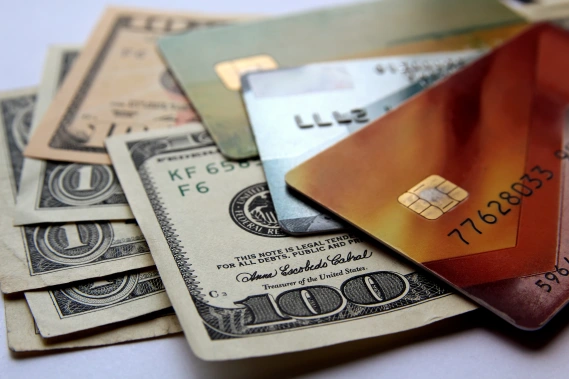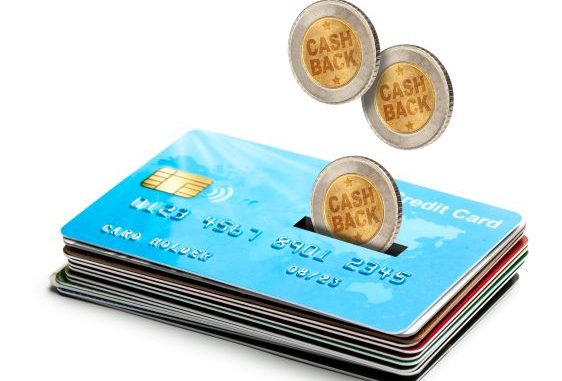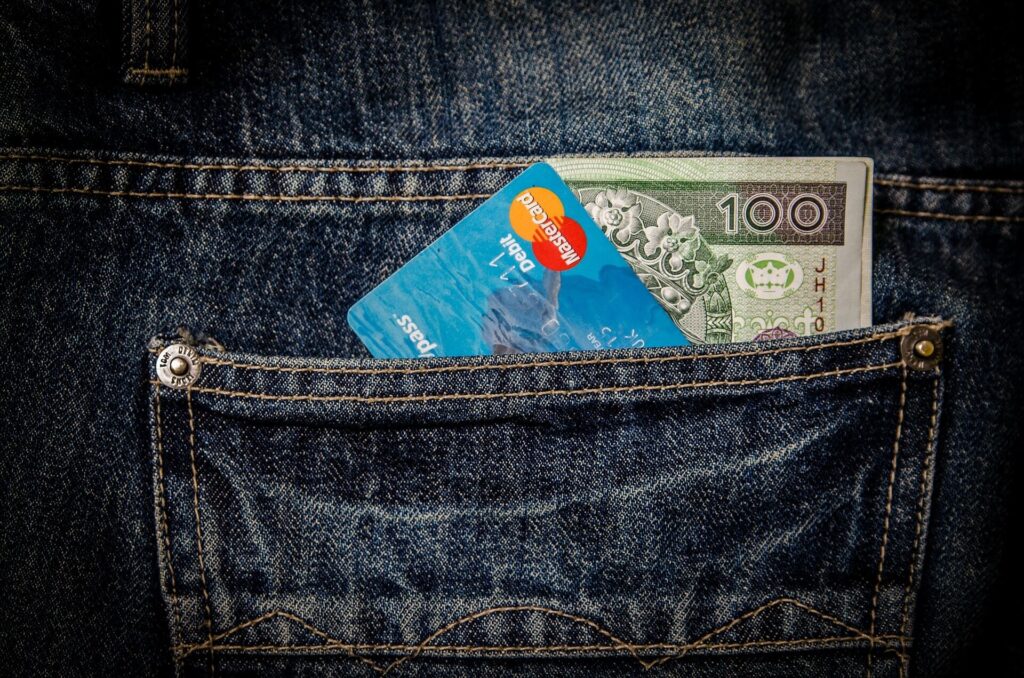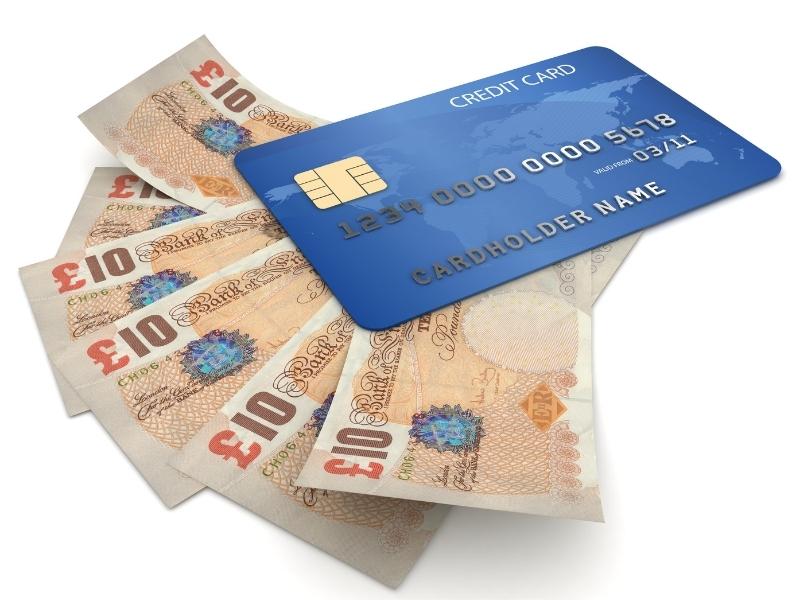In the UK, cash offers the advantage of easy tracking of spending and widespread acceptance, particularly in small businesses. It also helps control impulse buying and carries no risk of overspending or going into debt.
However, using cash poses the risk of loss or theft, can be inconvenient for large purchases, lacks the security features of cards, and doesn’t offer rewards or cashback benefits.
On the other hand, cards provide convenient and quick transactions, increased safety compared to carrying cash, the ability to earn rewards, and acceptance almost everywhere, including online purchases.
Yet, cards also carry the risk of overspending, potential for fraud, limited acceptance by some businesses, and fees associated with certain transactions.
Pros of Using Cash

Using cash offers the benefits of easy tracking of spending and widespread acceptance, making it a simple and convenient payment method for many. Let’s expand a bit
Easy to track spending
When you use cash, you can physically see how much money you have and how much you’re spending.
It’s easier to stick to a budget because you can visually see when you’re running low on funds.
Tracking spending with cash can help you identify where your money is going and where you might need to cut back.
Widely accepted, especially in small businesses
Cash is still widely accepted by most businesses, especially smaller ones like local shops, markets, and independent vendors.
Some small businesses may prefer cash transactions due to lower processing fees compared to card payments.
In rural or less developed areas where card machines might not be as common, cash remains the primary form of payment.
Helps control impulse buying
Paying with cash makes you more aware of your spending habits and can help you resist impulse purchases.
Physically handing over cash forces you to think twice before making a purchase, unlike with cards where it’s easier to swipe without much thought.
The act of counting out cash can slow down the buying process, giving you time to consider if the purchase is truly necessary.
No risk of overspending or going into debt
With cash, you can only spend what you have, eliminating the risk of going into debt. There are no interest charges or overdraft fees associated with cash transactions.
Using cash can help you live within your means and avoid the temptation of borrowing money or relying on credit.
Cons of Using Cash

Using cash carries the risk of loss or theft and may be inconvenient for large purchases, while also lacking the security and rewards offered by card transactions. Let’s find other disadvantages of using cash
Risk of loss or theft
Carrying large amounts of cash can make you a target for theft or robbery, especially in crowded or high-crime areas.
If you lose your cash or it gets stolen, there’s often little chance of recovery, unlike with cards where you can report unauthorized transactions and get reimbursed.
Inconvenient for large purchases
Cash may not be practical for big-ticket items like electronics or furniture, as you may need to carry a significant amount of cash or arrange for special payment arrangements.
Some merchants may have limits on the amount of cash they can accept in a single transaction, posing challenges for large purchases.
Limited security compared to cards
Cash doesn’t offer the same level of protection against fraud or unauthorized use as credit or debit cards, which can be cancelled if lost or stolen.
If your cash is lost or stolen, there’s no way to trace or recover it, whereas with cards, you can freeze the account to prevent further unauthorized transactions.
Lack of rewards or cashback benefits
Unlike credit or debit cards, which often offer rewards programs or cashback incentives for using them, cash transactions don’t come with any additional perks.
Using cash means missing out on potential benefits like airline miles, cashback on purchases, or rewards points that can be redeemed for discounts or freebies.
Pros of Using Cards

Using cards offers convenience with quick transactions and increased safety compared to carrying cash, along with the ability to earn rewards and make purchases almost anywhere, including online
Convenient and quick transactions
Cards offer the convenience of swift transactions, eliminating the need to count out cash or wait for change.
With contactless payment options and mobile wallets, card transactions have become even quicker and more streamlined, especially for small purchases.
Safer than carrying large amounts of cash
Carrying cards instead of cash reduces the risk of loss or theft, as cards can be easily replaced if lost or stolen.
Many cards offer additional security features such as PIN protection, biometric authentication, and the ability to freeze or lock the card in case of unauthorized use.
Ability to earn rewards and cashback
One of the major advantages of using cards is the opportunity to earn rewards points, cashback, or other incentives with every purchase.
Rewards programs vary but can include perks like airline miles, hotel stays, discounts on purchases, or even cash rebates, providing added value for cardholders.
Accepted almost everywhere, including online purchases
Cards are widely accepted worldwide, making them a convenient payment option whether you’re shopping locally, traveling abroad, or making online purchases.
The ability to use cards for online transactions opens up a vast array of shopping opportunities, allowing consumers to purchase goods and services from virtually anywhere with internet access.
Cons of Using Cards
Using cards comes with the risk of overspending and potential debt, along with the threat of fraud or identity theft.
Additionally, some small businesses may not accept cards, and certain fees may apply to card transactions. Let’s take an expanded look
Risk of overspending or going into debt
Cards make it easy to spend money that you don’t have, leading to potential overspending and accumulating debt, especially with credit cards.
The convenience of cards can sometimes encourage impulse buying and a disconnect from the actual amount of money being spent, leading to financial strain.
Potential for fraud or identity theft
Card transactions carry the risk of fraud or identity theft, as card information can be stolen through techniques like skimming or phishing scams.
Despite security measures like chip technology and encryption, hackers and scammers continue to find ways to compromise card information, putting cardholders at risk.
Some businesses may not accept cards, especially small ones
While cards are widely accepted, especially in larger establishments and online retailers, some smaller businesses may still prefer cash transactions due to processing fees or lack of card terminals.
This can be inconvenient for consumers who rely solely on cards, as they may encounter limitations when shopping at certain local shops, markets, or vendors.
Fees associated with certain types of cards or transactions
Depending on the card issuer and type of transaction, cardholders may incur various fees such as annual fees, foreign transaction fees, ATM withdrawal fees, or late payment fees.
These fees can add up over time and eat into potential rewards or cashback benefits, making it important for cardholders to be aware of the terms and conditions associated with their cards.
FAQ
What is the most used payment method in the UK?
Debit cards are the most used payment method in the UK, accounting for nearly half of all transactions.
Is it better to use cash in the UK?
Cash is not as common as cards in the UK, but it’s still accepted by most businesses. For small purchases, cash might be slightly faster. However, cards offer security benefits and some contactless cards can be faster than cash.
Is the UK going to stop using cash?
The UK is likely to become increasingly cashless, but it’s not expected to disappear entirely in the near future. Cash usage continues to decline, but many people still prefer it for certain transactions.
What country no longer uses cash?
No country has completely eliminated cash, although some, like Sweden, have very low cash usage.
Is it better to use cash or card in London?
Cards are the most convenient option in London. Most businesses accept contactless payments, which are very quick and efficient. Carrying cash is not necessary for most purchases.
Final thoughts
Both cash and cards offer distinct advantages and disadvantages in the UK. Cash provides easy tracking of spending and widespread acceptance, but it comes with the risk of loss or theft and lacks security features and rewards.
On the other hand, cards offer convenience, safety, and rewards, but they also pose the risk of overspending, potential for fraud, limited acceptance by some businesses, and various fees.
Ultimately, the choice between cash and cards depends on individual preferences, spending habits, and the specific circumstances of each transaction.



